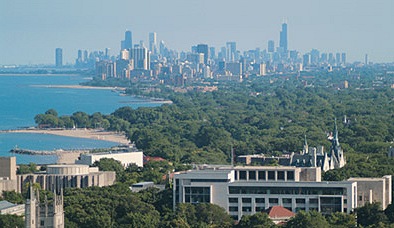Our revivified Monday Evening Concerts opened its second season of its new life last night. This was an evening of MEC as we had been hoping for. The program gave us music we wanted: stimulating and sometimes challenging music; some new composers and new music, along with some to link to earlier times; music performed by very talented musicians; music in a hall with good sound; music to make us feel glad we had come. And almost 300 of us came out Zipper Hall at Colburn School to hear and enjoy.
The new and most challenging music was in the first half of the concert, with the first performances in Los Angeles of music by Horatio Radulescu with two works, one of which was a U.S. premiere and one a West Coast premiere. His music seems to attract some of the least comprehensible writing I’ve tried to read in quite a while; his compositions seem to attract doctoral students writing to show off to other doctoral students, as demonstrated by the fifth paragraph in the site giving his bio. Even an expert communicator like Paul Griffiths had his program notes get a little gnarly about Radulescu. I thought I understood what Griffiths wrote, but I didn’t hear what he described about “Agnus Dei” (1991) for two violas, so I decided to just relax and drift with the music. That was probably a good decision, for the second Radulescu work, “Das Andere” (1984), was enormously difficult to understand and probably even more difficult for the solo violist to play. I didn’t understand the work at all, but I was dazzled by the sheer technique required, a non-stop combination of harmonics on the top two strings and low arpeggios on the low strings, interchanging and then mixing. Weird and wonderful. “Primitive Force”, indeed. Vincent Royer was the outstanding performer.
Separating the two Radulescu works, and giving Royer a bit of a break, was Stravinsky’s “In Memoriam Dylan Thomas” which had its 1954 premiere in a Monday Evening Concert. William Kraft led Jonathan Mack, the Calder Quartet and four trombones (two from the Phil) in a lovely performance. In the context of last night’s program, Stravinsky’s first fully serial work sounded like an established, safe, unthreatening classic.
And then, Zenakis. The second half was two works by Iannis Xenakis. First, Steven Schick came up from San Diego to perform “Rebonds” (1989), and Schick made work for drums and woodblock a work of great musicality. This music wasn’t “primitive” at all. Then the program actually topped that performance, with a breath-taking performance of “Eonta” (1963-1964) for piano, two trumpets and three trombones. Eric Huebner returned to L.A. for the knuckle-busting piano part, so brilliant that you almost (not quite) shut out the sound from the five brass players to listen to that astounding piano. It was good to have Rand Steiger with us again to conduct and keep the pieces together.
Justin Urcis as managing director of the new Monday Evening Concerts should feel awfully good today. As Mark Swed wrote last year, Justin has made this a rousing success, which is not to denigrate the contributions of many others.
